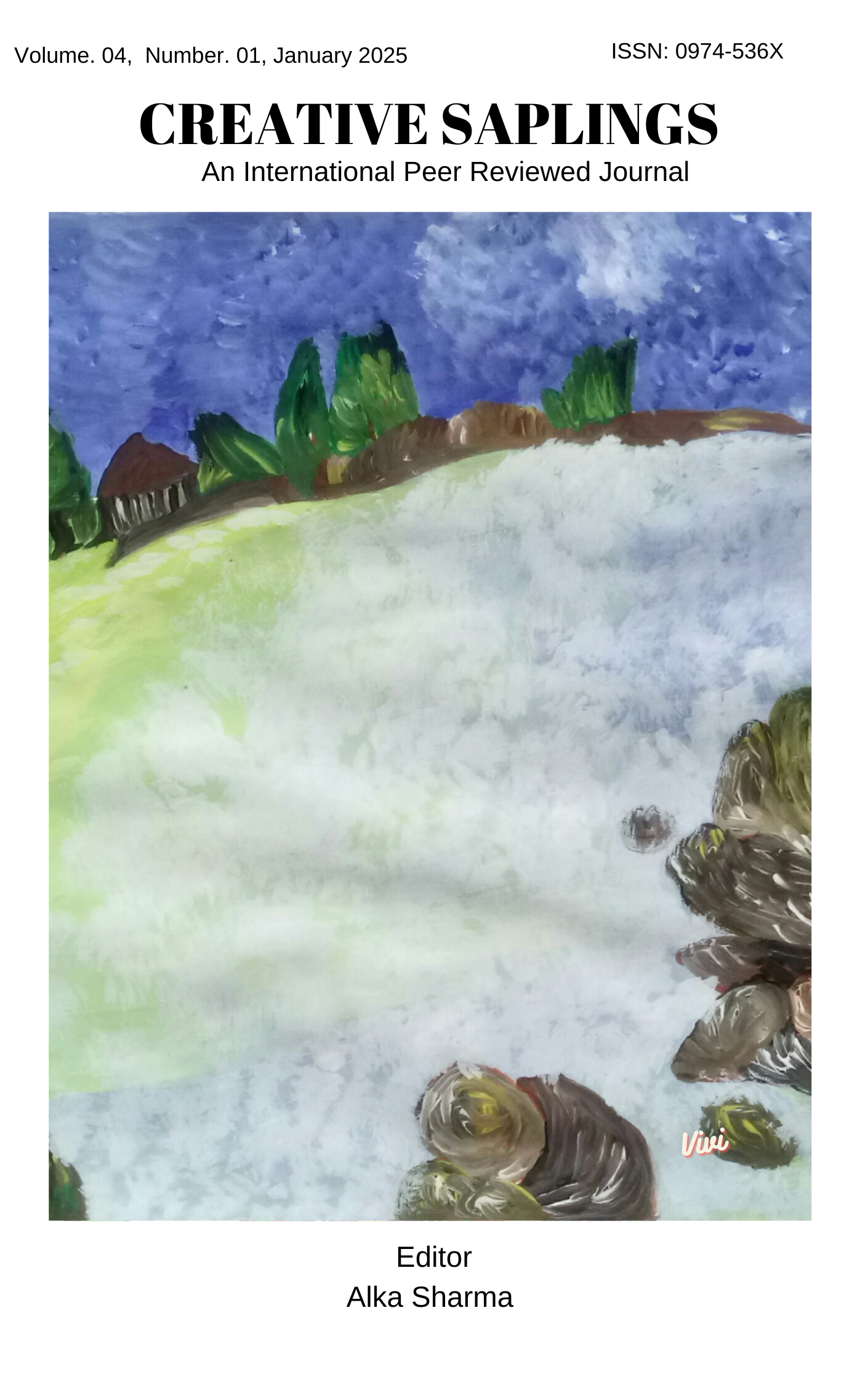When Words are Used against You: The Case of Varavara Rao and the Right to Expression
DOI:
https://doi.org/10.56062/gtrs.2025.4.01.919Keywords:
Imprisonment, constitutional rights, confinement, political prisoners, democracyAbstract
This research paper is a legal examination of the work Captive Imagination: Letters from Prison, a collection of letters by the poet Varavara Rao. Written while in prison, the letters not only tell the story of his imprisonment, they also serve as a critique of the legal and judicial apparatuses of the Indian state. The inquiry investigates the laws under which Rao was allowed to be imprisoned multiple times, particularly under preventive detention laws and the Unlawful Activities (Prevention) Act (UAPA). The broad and vague definitions of these laws have been a subject of criticism. These laws will be examined with reference to the constitutional rights to free speech and personal liberty and the presumption of innocence. The paper carries an analysis of the literary imaginings of Rao, alongside the legal processes that helped in his confinement, to understand how law can be unjust while being just and vice versa. The letters of Rao reveal how prolonged detention without the trial affected him psychologically as well as existentially. Even in darkness, they resist the erasure of political dissent through poetry and philosophy. Captive Imagination turns the prison into a site that challenges the ideological content of the state narrative, helping to re-establish the dignity of the imprisoned subject. This legal-literary analysis demands a humane legal system, which should provide accountability. The need for the same has been highlighted in the context of political prisoners and dissenters within democracy.
Downloads
References
1. Primary Source
Rao, Varavara. Captive Imagination: Letters from Prison. Penguin-Viking, 2010.
2. Books and Articles on Indian Constitutional Law and Civil Liberties
Austin, Granville. The Indian Constitution: Cornerstone of a Nation. Oxford UP, 1999.
Basu, Durga Das. Introduction to the Constitution of India. LexisNexis, 2022.
Baxi, Upendra. The Crisis of the Indian Legal System: Alternatives in Development, Law, and Justice. Vikas Publishing, 1982.
Sathe, S. P. Judicial Activism in India: Transgressing Borders and Enforcing Limits. Oxford UP, 2003.
3. Reports and Studies on Human Rights Violations in India
Amnesty International India: The State of Surveillance in India – Repression through Technology. Amnesty International, 2020.
Stifling Dissent: The Criminalization of Peaceful Expression in India. Human Rights Watch, 2019.
State Repression and the UAPA: Criminalising Dissent in India. People’s Union for Civil Liberties, 2018.
4. Legal Commentary on Draconian Laws in India
Bhardwaj, Aparna. “Preventive Detention and the Judiciary in India: A Critical Analysis.” Journal of Indian Law and Society, vol. 8, no. 1, 2020, pp. 102–120.
Mahapatra, Nilanjan. “The UAPA and the State's Response to Dissent.” Economic and Political Weekly, vol. 55, no. 42, 2019.
Ramakrishnan, Venkatesh. “The Rise of the Police State: Law and the Criminalization of Dissent.” Frontline, 2018.
5. Judgments and Case Law Related to Civil Liberties and UAPA
K. S. Puttaswamy v. Union of India, (2017) 10 SCC 1.
Maneka Gandhi v. Union of India, AIR 1978 SC 597.
Union of India v. K. A. Najeeb, (2021) SCC OnLine SC 50.
6. International Legal Frameworks and Human Rights Treaties
United Nations General Assembly. International Covenant on Civil and Political Rights (ICCPR), 1966.
United Nations High Commissioner for Human Rights (OHCHR). Report on Civic Space and the Protection of Human Rights Defenders. OHCHR, 2020.
United Nations Human Rights Committee. General Comment No. 34 on Article 19 of the ICCPR: Freedom of Expression, 2011.
7. News Articles and Media Sources on Varavara Rao’s Incarceration and Human Rights Concerns
“Activists, Intellectuals Seek Justice for Varavara Rao.” The Hindu, Sept. 2020.
“Varavara Rao Granted Bail on Medical Grounds: A Long Battle Against UAPA.” The Indian Express, Feb. 2021.
“Poet Varavara Rao’s Detention Raises Human Rights Concerns in India.” The Wire, Aug. 2020.
8. Academic Work on Dissent, Literature, and Politics
Gupta, Nilanjana. “The Role of Literature in Resisting State Power.” Indian Journal of Political Studies, vol. 32, no. 2, 2017.
Kaur, Baljeet. “Art as Resistance: The Legacy of Revolutionary Poets.” Journal of South Asian Literature, 2019.
Mukherjee, Arun. Politics and Poetry: Revolutionary Writing in India. Routledge India, 2016.
9. Reports from Human Rights Organizations Regarding Prison Conditions
India’s Prisons: Time for a Comprehensive Reform. Commonwealth Human Rights Initiative, 2020.
Prison Conditions in India: A Study of Systemic Problems and Reform Proposals. National Human Rights Commission, 2018.
10. Publications on Police and State Repression in India
Nandy, Ashis. The Intimate Enemy: Loss and Recovery of Self under Colonialism. Oxford UP, 1983.
Rao, Mohan. State and Violence in Contemporary India. Sage Publications, 2011.
Downloads
Published
Issue
Section
License

This work is licensed under a Creative Commons Attribution-NonCommercial 4.0 International License.





